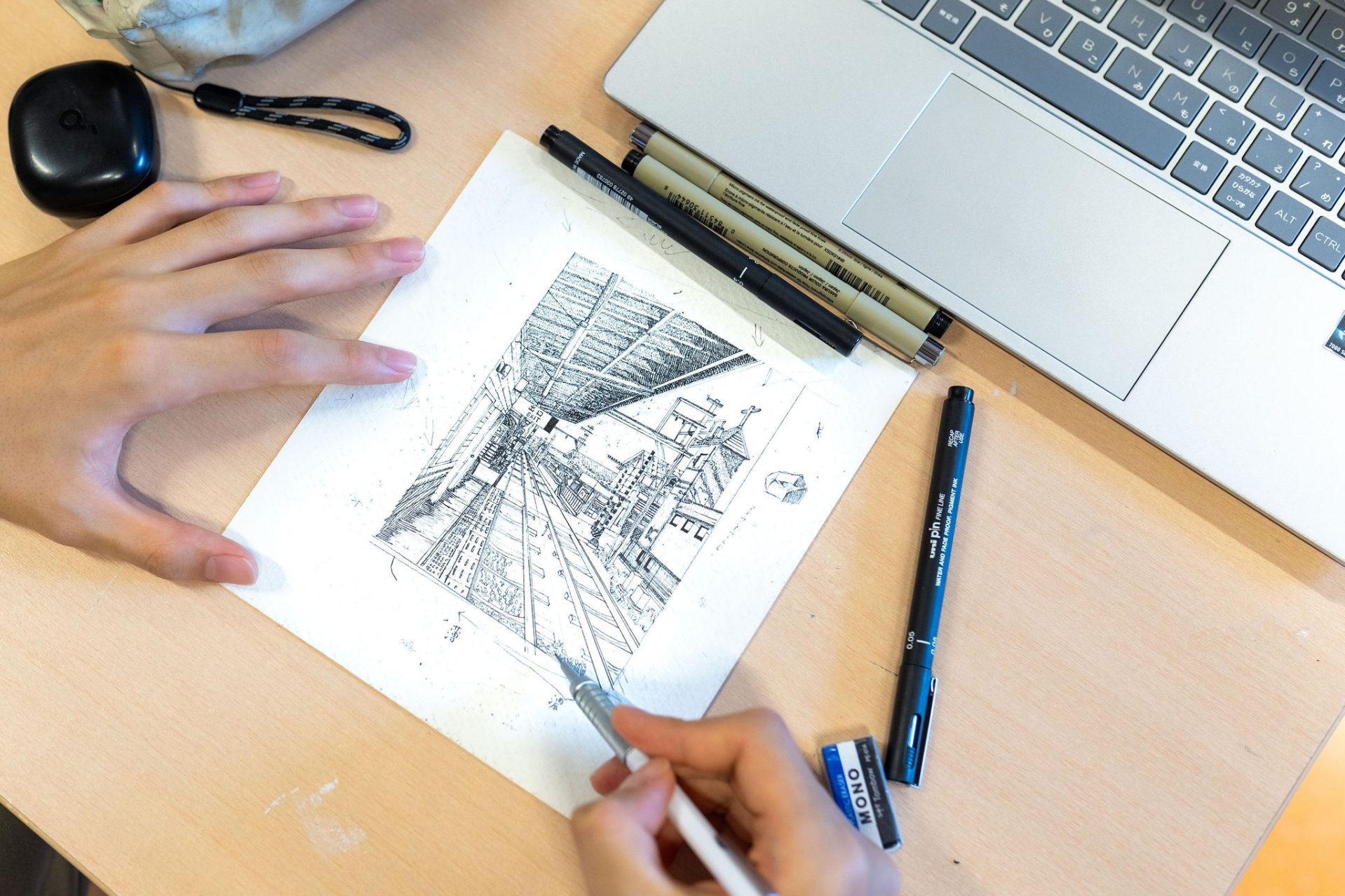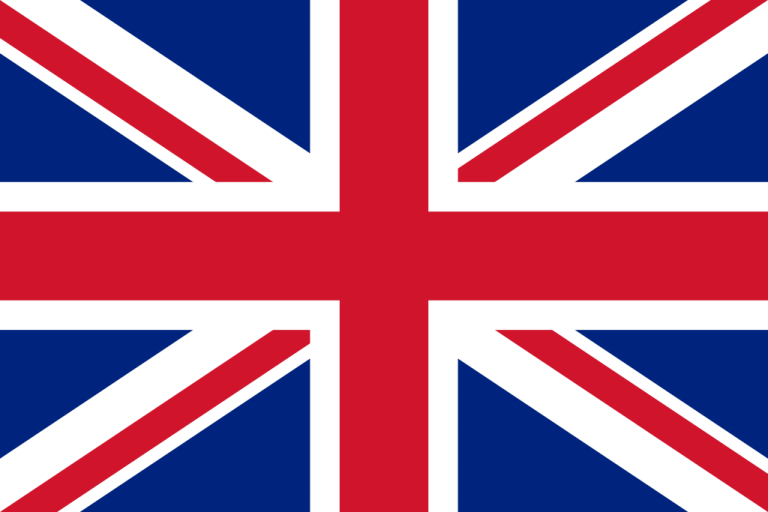
Household Matters
Public Transportation
The ISE is accessible by public transport. Please consult www.9292.nl for the timetable of buses to the International School Eindhoven.
Bus number 610 comes straight from Eindhoven central train/bus station to the ISE with no stops. This runs in the morning and in the afternoon taking into account school schedules (with the exception of school days that deviate from usual school times).
Bus number 10 comes from the Eindhoven central train/bus station to the Achtsewegzuid (next to the school campus) and runs throughout the day. This bus stop requires a short walk from the road (Achtsewegzuid) to the school campus.
Request for visitors
The building and grounds of the ISE Campus are private property and may be entered by students currently registered at the ISE and their parents, employees of the Foundation, others contributing to the schools programme in any legitimate capacity, and those invited or hired to provide services to the school. All others must seek permission to enter, this includes former students and their parents, who must sign in as guests. Former students who wish to spend time at the ISE must seek permission from the Head of Department well in advance. Friends of ISE students who are not ISE students are not permitted to enter the school building or grounds.
Parents who regularly come into school should request a car sticker from the school office.
Sponsorship
The Stichting Internationaal en Lokaal Funderend Onderwijs (SILFO) has developed a policy describing how the foundation handles sponsorship. SILFO recognises the importance of sponsors in relation to education and the desirability of receiving supportive activities and resources. In this regard, SILFO actively seeks collaboration, functioning as a reliable, independent partner for companies. The social Mission and Vision SILFO 2022-2026 are used as guidelines for entering into potential collaborations, ensuring that the educational process does not become dependent on sponsorship and/or received resources. SILFO adheres to the “Convenant Scholen voor Primair en Voortgezet Onderwijs en Sponsoring“. In addition to the previously mentioned points from the covenant, SILFO implements its own policy. The foundation does not sponsor initiatives by and for organisations with government funds that prioritise the personal interests of an employee over the interests of the school. Furthermore, the foundation does not sponsor any organisation where an employee has any decision-making authority over the destination of the sponsorship funds. Finally, a sponsorship collaboration is only entered into when the sponsors accept the principles of the covenant. The comprehensive sponsorship policy can be read here (Dutch).
Use of computers
Information and Communications Technology (ICT) is an important tool in both the society we live in and in the process of teaching and learning. Students use ICT tools to responsibly, creatively, and critically find, explore, analyse, exchange, and present information. They learn how to employ ICT to enable rapid access to ideas and experiences from a wide range of sources. Each student will receive his/her own school Email address. This will also give them access to the school’s network while at school and will enable them to log in to a variety of digital resources provided by the school.
Information and Communications Technology prepares students to participate in a rapidly and constantly changing world in which work and other activities are increasingly transformed by access to varied and developing technology.
The Internet also has its risks. Anyone can publish something on the Internet. There are many sites on the Internet that are not suitable for children. In addition, there are dangers in relation to privacy, by providing personal information such as name, address, telephone number, age, etc.. It is therefore important to formulate clear agreements with the students, both in the classroom and at home in relation to school-related internet/e-mail use.
The school will take every practical measure to ensure that children do not encounter upsetting, offensive or otherwise inappropriate material on the internet. Parents are required to read, discuss and sign the “Acceptable Use” document with their child, which acknowledges their responsibility for use of the internet at home and school.
The following statements are a measure to ensure that our students in all year groups are safe and responsible for their use of computers when at school. These statements are actively encouraged to be a guide for use at home too.
The statements apply to all primary students.
- I will ask permission before using the internet.
- I will only use my own login name and password, which is secret.
- I understand I must not bring software, a USB device or any other form of media to school without permission.
- I will only email people I know, or who my teacher has approved from my school gmail account.
- My communication with others will be polite and sensible.
- I understand I must never give my personal details like my home address or phone number and I will not arrange to meet anyone.
- If I see anything I am unhappy with or I receive messages I don’t like I will tell a teacher immediately.
- I understand the school and my parents may check my computer files and the internet sites I visit.
- I understand if I deliberately break the rules, I will not be allowed to use the computer or internet. The Head of
- Department and my parents will be informed should this occur.
- I understand that photos I take in the school environment that include other children may not be published in any format, i.e. social networks, even with oral permission from the children involved.
The following key measures have been adopted to help ensure that our students are not exposed to unsuitable material.
- Our internet access has a “firewall” filtering system intended to prevent access to material unsuitable for children.
- Students using the internet during lesson time will be supervised by an adult, who will be particularly vigilant when students are undertaking their own research
- Staff will check that the sites pre-selected for students are appropriate to the age and maturity of the students.
- Students will be taught to use e-mail, social media and the internet safely, learning to take responsibility in order to reduce the risk to themselves and others.
- Students will also be taught to inform a teacher immediately if they encounter any material that makes them feel uncomfortable.
Other information
Cycling and road safety
Parents are responsible for ensuring their child has an appropriate bike, in good technical condition and with working lights, in order to guarantee their child’s safety as much as possible. Students who take their bicycles to school must place them in the bicycle parking area that can be reached through the entrance of the Oirschotsedijk. The school cannot be held responsible for damage to bicycles, lost keys, etc. Cycling on the school playground and the curb is forbidden.
Images
Throughout the school year, images (ie photographs and videos) are taken of our students and their activities in and around the class. These can be used for school use, such as social media, the school guides, brochures, the website and the yearbook. They can also be used for publicity purposes to raise awareness for our school campus. At the beginning of each school year a form is sent out to all parents requesting permission to use such photographs and videos. Unless permission is granted via this form student photos/videos will not be used. For special events, such as press photography, filming or publicity out of the normal realm of school activities, we will ask parents individually to sign a photography/video release form.
Liability
Students and parents are responsible for their own personal property. The school is not liable for the theft, loss or damage of such property.
Lice protocol
In consultation with the Public Health Service (GGD), a protocol has been established on identifying and combating head lice.
Lost and Found
We recommend that the student’s possessions which are brought to school are marked with the name of the student. Every year many items are left behind at the school: coats, gloves, gym shoes, sports clothing, drinking cups, etc. Often the rightful owner is not found. Clothing that has not been picked up for a period of time will be taken to charity.
Necessities
Your child requires the following items at school:
- A gym bag (available from the parent’s committee) with shorts, T-shirt and gym shoes for gym lessons.
- A school library bag to carry home library books (this can be purchased online using this link)
- A school bag containing a lunch box
Telephone
If your child has a mobile telephone, it must be turned off during school hours. The use of a mobile telephone during school hours is not allowed. The school is not liable for loss or damage to these and other audio-visual equipment. Mobile phones are to be handed to the class teacher at the start of the day and can be collected at the end of the day.
Transportation policy
The school’s off site policy for transporting students to events and extracurricular activities by parents/guardians and teachers has been developed in consultation with the Parents’ Committee and the participation council. (for insurance information, please see section 7.7 of this policy). The policy states that:
- The number of students in the back seat(s) shall not exceed the number of available seat belts.
- Only children 12 years and older and taller than 1.5 metres may be seated beside the driver.
